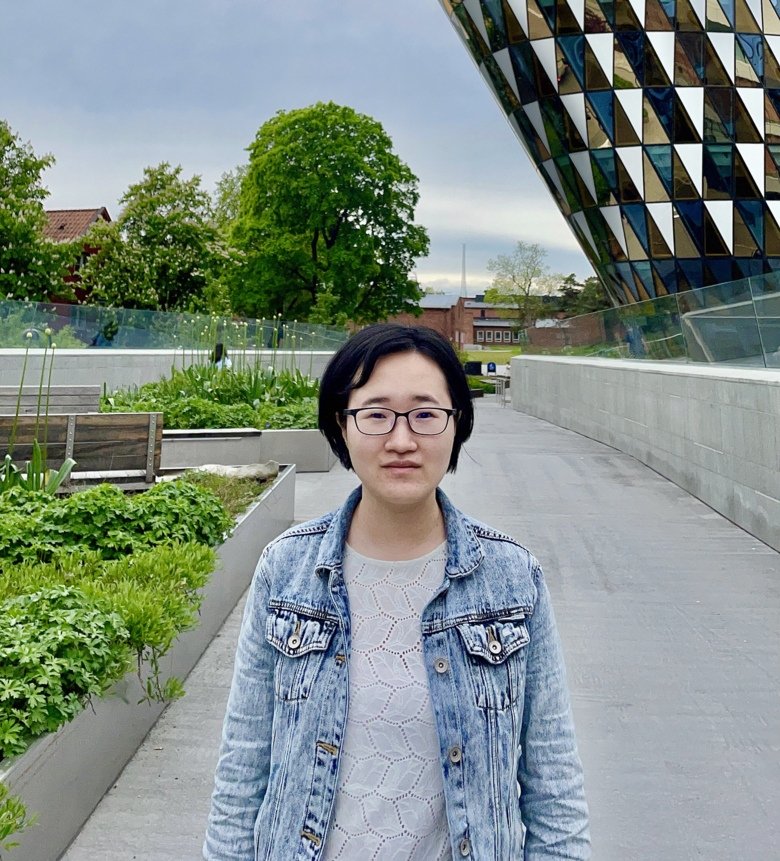New thesis about neuroinflammation and its resolution in Alzheimer's disease
Hi there, Ying Wang, PhD student at the Division of Neurogeriatrics! On June 23 you will defend your thesis “Neuroinflammation and its resolution in Alzheimer's disease". What is the main focus of your thesis?

Chronic inflammation is one of the major characteristics of Alzheimer's disease (AD), which may be due to insufficient resolution, the end stage of inflammation that leads to restoration of homeostasis. The main focus of my thesis is to investigate alterations in protein and lipid mediators related to inflammation and its resolution in the cerebrospinal fluid (CSF) of AD patients and how they are associated with cognition and AD biomarkers, and to investigate potential beneficial effects of the pro-resolving lipid mediator maresin 1 (MaR1) on AD-like neuroinflammation in microglia.
Which are the most important results?
I found that the profile of protein and lipid mediators in the CSF of AD patients indicated a shift to a more inflammatory profile which was associated with markers of AD molecular pathology, and that this profile is strongly affected by co-morbidities. The results also show marked reduction in pro-resolving mediators in AD, supporting a compromised resolution of inflammation in the AD brain. Furthermore, in human microglial models, we found that MaR1 attenuated AD-like neuroinflammation by downregulating immune-related gene transcription and NF-kB activation, stimulating uptake of ß-amyloid (Aß) peptide and reducing Aß-induced cell death.
How can this new knowledge contribute to the improvement of people’s health?
CSF profiles of protein and lipid mediators related to inflammation and its resolution can be of importance for development of new diagnostic tools for AD, and thereby differentiate between those that will develop AD or not. The reduced levels of pro-resolving mediators in AD together with the beneficial effects of MaR1 indicate the potential of stimulating resolution of inflammation as a promising therapeutic strategy in AD, a disease with chronic unresolved inflammation in the brain.
What's in the future for you? Will you keep on conducting research?
My plan is to work as a physician and scientist in a hospital and try to translate my future research findings into clinical use.
